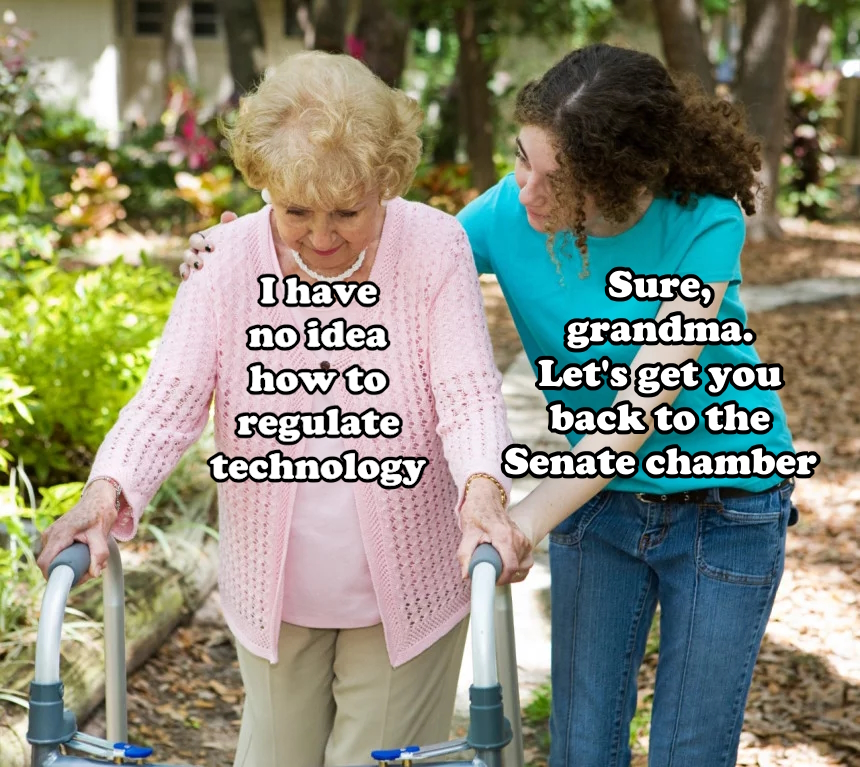this post was submitted on 01 Jan 2024
1281 points (99.0% liked)
memes
10322 readers
1656 users here now
Community rules
1. Be civil
No trolling, bigotry or other insulting / annoying behaviour
2. No politics
This is non-politics community. For political memes please go to !politicalmemes@lemmy.world
3. No recent reposts
Check for reposts when posting a meme, you can only repost after 1 month
4. No bots
No bots without the express approval of the mods or the admins
5. No Spam/Ads
No advertisements or spam. This is an instance rule and the only way to live.
Sister communities
- !tenforward@lemmy.world : Star Trek memes, chat and shitposts
- !lemmyshitpost@lemmy.world : Lemmy Shitposts, anything and everything goes.
- !linuxmemes@lemmy.world : Linux themed memes
- !comicstrips@lemmy.world : for those who love comic stories.
founded 1 year ago
MODERATORS
you are viewing a single comment's thread
view the rest of the comments
view the rest of the comments

I mean ultimately, at that point in time, as far as describing the physical infrastructure of underground telecomm lines... its not an entirely innacurate description.
It leaves out the entire concept of software and DNS and everything about how websites and IP protocols and such actually work but uh... there at least actually are a series of tubes, lol.
Pretty much. The only real difference between plumbing and the internet is everything but the pipes.
I hate to defend it. But considering he was trying to present an analogy his peers could understand, I get it. You can build a bigger pipe, add more pipes, or push the water faster. It's not far off the mark in that respect to the analogy.
And you're right about exclusion of networking principles. You could build a very convoluted model of water distribution using networking rules.